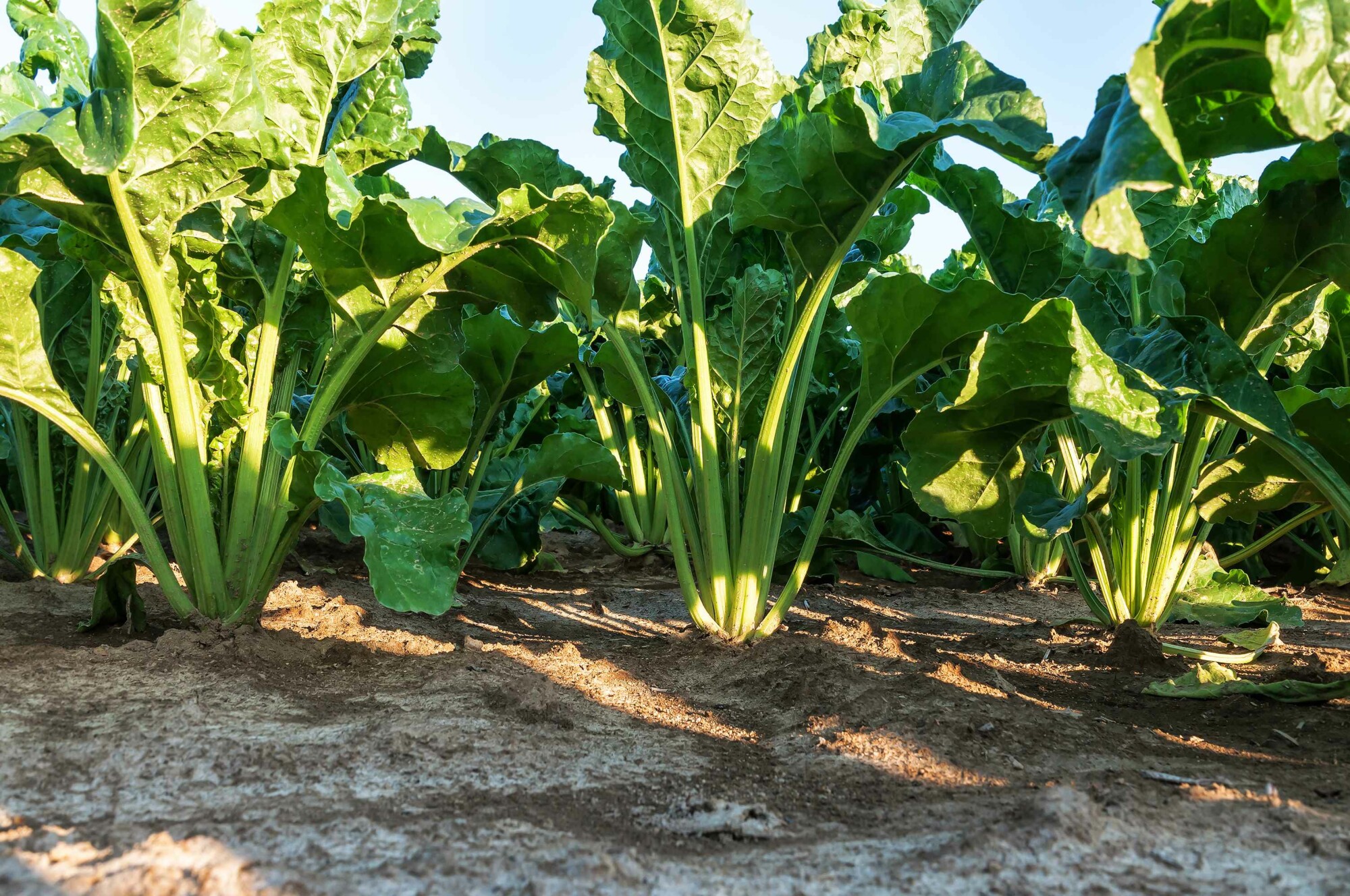Re-introduction of sugar beet to Scotland takes leap forward
16th June 2021
Sugar beet crop harvested for first time in 50 years will support the development of a bio-economy in Scotland.

The re-introduction of sugar beet production to Scotland – a move that could support national climate change targets, create green jobs, and unlock new economic opportunities – has taken a significant step forward after the pilot project laying its foundations received new funding.
With the first successful crop in half a century harvested earlier this year, the consortium behind the sugar beet initiative – which includes the Industrial Biotechnology Innovation Centre (IBioIC), SAC Consulting, and Scottish Agricultural Organisation Society (SAOS) – has secured a funding boost from Scottish Enterprise to analyse its potential environmental, societal, and economic impact.
The study will examine the widespread benefits that are expected to follow on from the crop’s return to Scotland. Sugar beet is seen as a key building block for the development of sustainable supply chains and a ‘bioeconomy’, which uses natural materials instead of petrochemical compounds in manufacturing.
A local source of sugar beet could pave the way for the development of an ethanol-producing biorefinery in Grangemouth – the hub of Scotland’s chemicals and petrochemical processing industries – and later support a fully functioning bio-based chemicals industry.
Sugar beet can be used in the production of ethanol as a natural and sustainable substitute for petroleum-based chemicals used in a range of household goods, as well as antibiotics and therapeutic proteins. Demand for ethanol in Scotland is expected to double in the coming years to more than 100 million litres, yet all of the country’s supply is currently imported from Europe.
Technical director at IBioIC, Ian Archer, said: “Growing sugar beet in Scotland once again is a huge opportunity to re-invent the economy, build sustainability into manufacturing supply chains, and secure jobs for the future. Many of the biggest consumer goods manufacturers have committed to net-zero carbon targets over the next two decades and a big part of that drive will be replacing the use of petrochemicals with natural materials.
“You cannot have a chemicals industry without a feedstock and to retain the sector in Scotland we need a local supply and the supply chains that follow. In northern Europe, that crop is sugar beet and growing it for ethanol production will not only diversify farmers’ income stream, but could allow them to be part of a green alternative to fossil fuels.
“Bio-based manufacturing shares many skills with using traditional chemicals and, given the direction of travel in the industry, transitioning towards this approach could secure and create jobs in Scotland. It is almost inevitable that we need to change the way we produce goods if we are going to compete in global supply chains, and secure a future for the domestic market.
“We have made huge progress in the last year that has taken the concept of a bio-economy based on sugar beet production from a nice idea to the harvesting of the first yield in 50 years and the outline of how a farming co-operative would be structured. This next step should confirm what we already know, with data to support the range of benefits associated with growing sugar beet.”

Sugar beet seedlings.
Scottish Enterprise’s advanced manufacturing team, Andrew Henderson, said: “This is a hugely exciting project, which could yield transformational outcomes for businesses.
“Our funding will help unlock a vital next step for this project to support sustainable fuel and chemicals production through biotechnology, and ultimately create new jobs and investment to strengthen communities across Scotland.
“Sugar beet production can also help deliver our green economic recovery and transition to a net zero economy, through benefits like better air quality via carbon capture, and enhanced quality of soil.”
Head of co-op development at SAOS, Jim Booth, commented: “The re-introduction of sugar beet represents an exciting opportunity for farmers. If the proposal is to get off the ground, the only way to get farmer growers involved is through co-operation. Creating a producer co-op means the production, crop management, harvesting, marketing and delivery is optimised, safeguarding grower returns, and importantly ensuring a collaborative supply chain approach.”
SAC Consulting representative, Iain Riddell added: “We welcome the viability study funding, which gives our Sugar Beet Working Group the opportunity to further investigate agronomy, harvesting logistics, refining and by-products, and, most importantly, the investment required and support mechanisms that could credit sugar beet growers for their contribution to industrial carbon savings, which help achieve Scotland’s net zero targets.
“We are confident we can grow and harvest sugar beet on better land in the East of Scotland with group members already growing it for use in anaerobic digestion plants, and are exploring the potential of localised micro-processing plants as an option for onward transportation of concentrated sugar syrup, rather than the bulky sugar beet crop. Much will depend on government support, investor interest and the offer of long-term contracts that encourage farmers to commit to growing the crop.”
